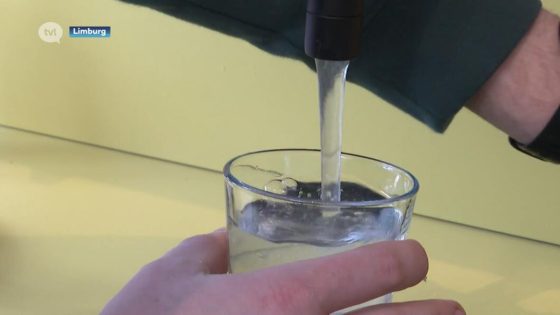Recent findings reveal that drinking water in Genk and Maasmechelen is contaminated with PFAS. This alarming discovery, reported on February 24, 2025, raises questions about the safety of water supplies across Belgium. How does this impact residents and their health?
- High PFAS levels in Genk and Maasmechelen
- TFA found in drinking water across Flanders
- Limburg's contamination levels are relatively lower
- Health risks from PFAS remain unclear
- Water Group urges reduction of pollution sources
High Levels of PFAS Contamination Found in Belgian Drinking Water
What does it mean for your tap water? The presence of PFAS, particularly TFA—the smallest variant—has been detected throughout Flanders. In Limburg, concentrations are generally lower except for the troubling cases in Genk and Maasmechelen.
The Impact of PFAS on Public Health: What You Need to Know
The implications of PFAS contamination extend beyond just local areas. Residents are advised to stay informed about their drinking water quality. Here’s what you should consider:
- PFAS chemicals are persistent in the environment and human body.
- Exposure has been linked to various health issues including cancer.
- Local authorities recommend reducing pesticide use as a preventive measure.
- The situation calls for increased monitoring and regulation of water sources.
The Importance of Clean Water: Lessons from Belgium’s Crisis
This crisis serves as a reminder that clean drinking water is essential for public health. Communities everywhere must prioritize testing and safeguarding their water supplies against harmful substances like PFAS. Engaging local governments can lead to better regulations and practices that protect everyone’s health.
Pesticides and Industrial Pollution: A Growing Concern
The connection between agricultural practices, industrial activities, and water contamination cannot be ignored. As seen in Belgium, excessive use of pesticides contributes significantly to pollution levels. Communities should advocate for sustainable farming methods that minimize chemical runoff into waterways.
Your Role in Ensuring Safe Drinking Water
You have the power to influence change! Stay informed about your local water quality reports, support environmental initiatives aimed at reducing pollution, and encourage discussions within your community regarding safe practices for maintaining clean drinking water sources.
































